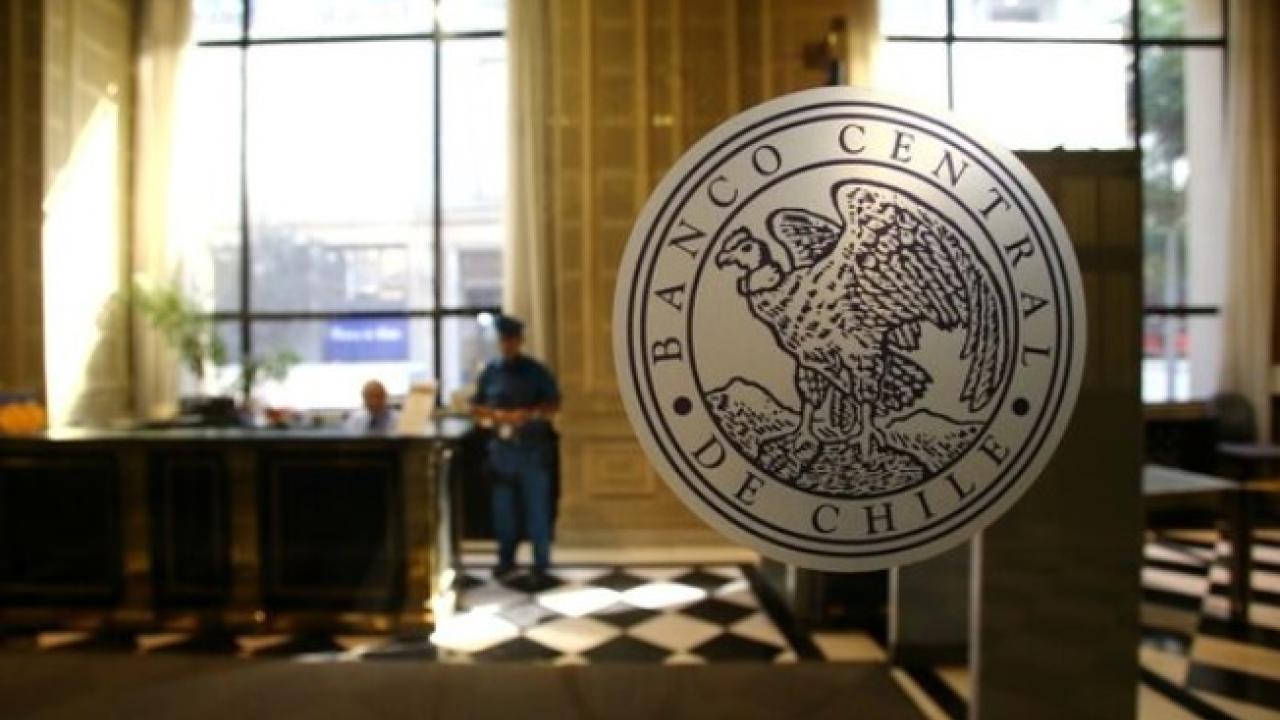
"There is a decrease in sales, which has been accompanied by an increase in costs. Companies continue to report difficulties in transferring costs to final prices, which are declared stable," says the report.
A decrease in company sales, together with an increase in costs, affects the performance of businesses in Chile, a report from the Central Bank said on Tuesday.
In the August Business Perception Report, companies indicate that their performance has lost dynamism in relation to what was observed during the first quarter of the year, although with heterogeneity between the different sectors and regions of the country.
"This is accompanied by a decrease in sales, which has been accompanied by an increase in costs. Companies continue to report difficulties in transferring costs to final prices, which are declared stable," the report says.
There continues to be slack in the labor market, with staffing levels remaining stable and a slight decrease in the percentage of companies that have looked for new workers during the last quarter.
At the same time, the proportion of companies that report difficulties finding workers is reduced. Although the percentage of respondents who report having terminated workers remains stable, the proportion who declare that the main reason for termination is associated with a lack of dynamism in their sales increases.
Companies continue to perceive restrictive financial conditions. This is influenced by the perception of an increase in the guarantees required by banks and high interest rates.
Around a quarter of the companies declare having requested credits during the last semester. Of them, more than 70% indicate having obtained approval of the requested credit, although the granting conditions vary between companies. Just over 20% point out that they were worse than expected, but they took them anyway.
For their part, banks have not declared substantive changes in their credit offering conditions recently. However, they mention the existence of important differences depending on the profile of each client, associated with elements such as the level of financial burden and the sector to which the requesting company belongs.
In the short term, companies do not expect significant variations in their sales levels, prices or availability of inputs for the next quarter. However, there is an uptick in its cost expectations, which considers an expected increase in labor, input and fixed costs. In any case, the expectations of the companies interviewed once again suggest a partial or deferred transfer of costs to final prices over time.
Towards the next semester, the proportion of companies that expect to request loans decreases in relation to what was reported in February. Among the reasons for not requesting them, the financial burden of some companies or not having the capacity to borrow stands out, while those that declare they do not need financing decrease.
"Companies anticipate a somewhat better performance than the current one for their operations during the next twelve months. However, this represents a drop in the expected performance in relation to the previous measurement, when a more substantial rebound was expected for the following year" , ends the central bank report.









